Making purchases online is second nature for many people. Shoppers love e-commerce because it’s fast and convenient; they can shop at any time of day without leaving their homes. Every business owner needs to take e-commerce seriously. Otherwise, you’ll lose potential customers to your competitors. If you’re used to brick and mortar retail, you may not know how to build an e-commerce website. We’re here to help if you’re at a loss as to what e-commerce website development is all about.
E-commerce 101
E-commerce covers a wide range of transactions that take place over the internet including buying and selling, online banking, online ticketing, and online auctions. The first online transaction was completed in 1994 and since then, e-commerce has grown significantly. By 2040, it is projected that 95 percent of all purchases will take place via e-commerce. What we’ll discuss here relates mainly to buying and selling although many of the basics are the same regardless of what type of business you have.
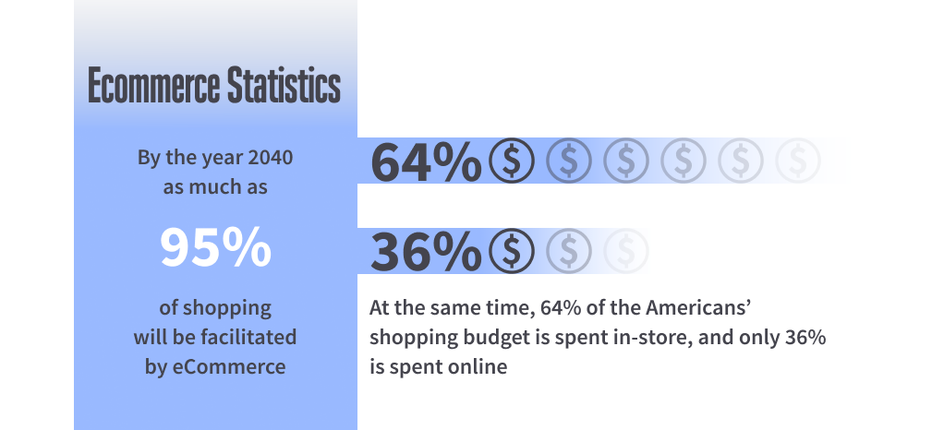
An e-commerce website can facilitate the sale of:
- Physical goods such as books, clothing, or household items
- Digital products such as ebooks, music, or courses
- Services such as writing, consulting, or accounting
How to Build an E-commerce Website
You may have heard that it’s easy to create a website and start selling your goods and services. While it is true that anyone can get a website, you’ll soon realize that developing a successful website requires time and expertise. Building a high-quality e-commerce website is complex and you need to have much more than a catchy domain name and a hosting plan. However, these are the two things you need to secure first. You can buy them separately or together. If you’ve never built a website before and you don’t have a lot of technical know-how, it’s best to purchase them together.
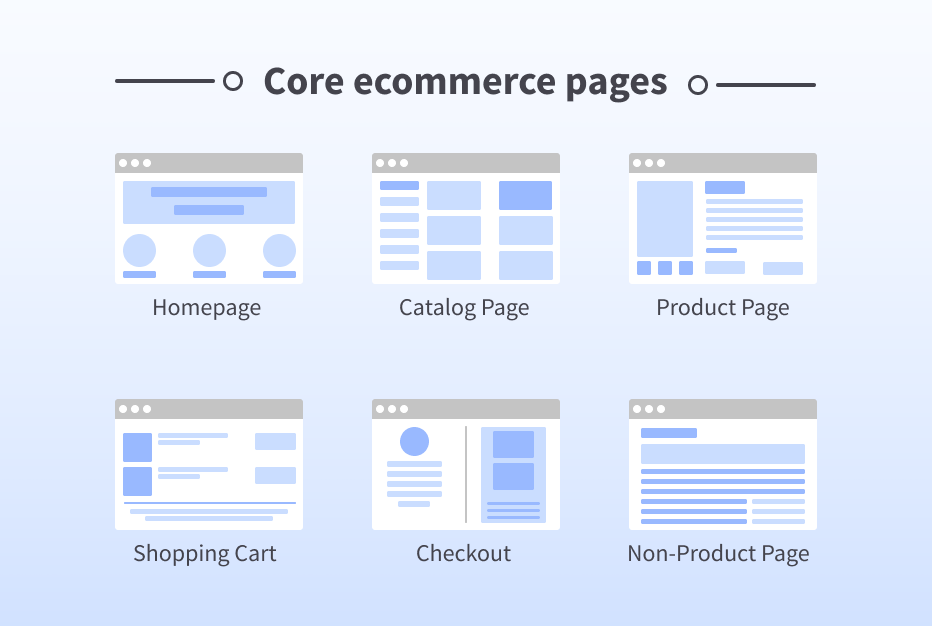
Once you have a domain and hosting plan, you need to start building out your site. Most e-commerce websites need to have certain pages and elements. We’ll look at some the basics. Depending on the nature of your business, you may need more before you can launch your site.
Homepage
Your homepage is like your storefront. It’s the first thing a potential customer sees and if it doesn’t make a good impression, you’re unlikely to get a sale. You have about three seconds to convince an internet user to stick around so your homepage must be up to scratch.
Category Pages
These pages organize your products and make it easy for visitors to find what they’re looking for. Category pages also play an important role in your search engine optimization efforts. Categories must be logical, they must have unique descriptions, and they must feature search engine-friendly URLs if you want them to rank high on Google.
Product Pages
E-commerce website design also needs to include proper product page design. Regardless of what you sell, you must create a good experience for the user. This means each product page should have:
- Navigation
- Clear, crisp photos
- Product specifications
- Detailed product descriptions
- Buy buttons
- Save or “add to wish list” buttons
- Customer reviews
- Related products
- Shipping information
- Security badges
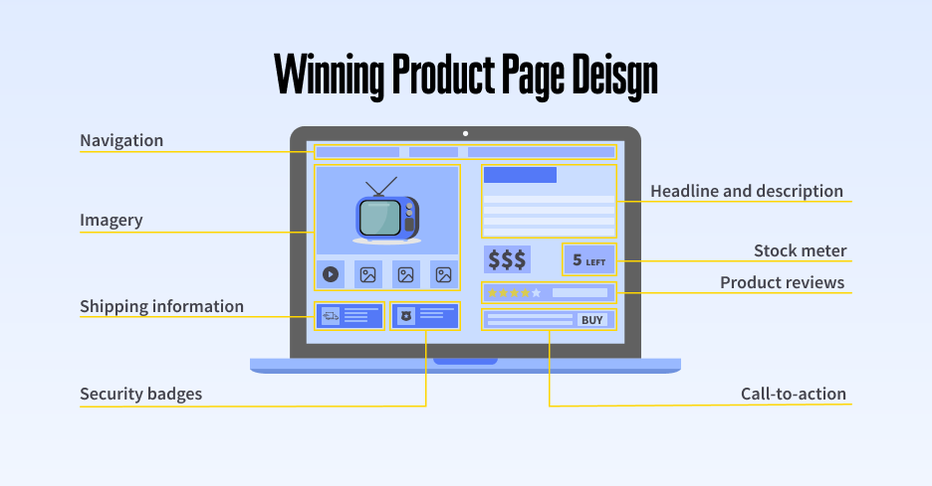
Checkout Page
Your checkout page is more important than you may think. Even if customers find exactly what they need on your site, they may abandon their shopping cart if there are challenges with the checkout process. If shoppers need to sign up for an account before they can make a purchase or they need to complete a long form, you could lose them. Be sure to list all the payment methods you accept and inform shoppers about all related costs before they check out.
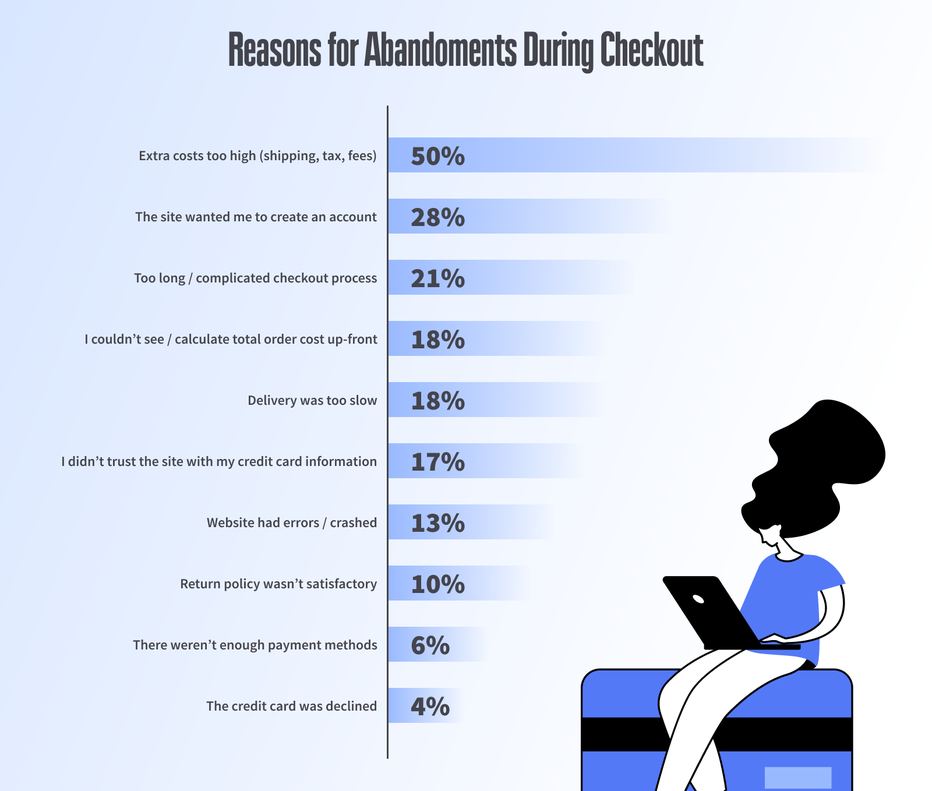
About Us Page
Every e-commerce website needs to include some information about the business. However, this page is even more important if you’re in the B2B field. Use this page to introduce your team, give insight into your history, and highlight your company’s values. You should also discuss your operations and give some indication of where you plan to go in the future.
Search Results Page
If you only sell a handful of products, this won’t be as important. However, if you have a wide product range, your on-site search needs to be top-notch. Make sure it’s easy to find the search bar and that results appear even when search terms are misspelled. If your search function makes auto-complete suggestions and personalizes the search results, customers will get a superior experience.
Account Registration & Login Forms
Make your login forms as short as possible with the option to log in using a social media account. You should only ask for shopping and billing details after the individual has completed registration. Provide the option for the user to save their details for future use.
Email Subscription Form
You’ll want to convert browsers into buyers and first-time buyers into return customers. One way to increase conversion is with email marketing. This starts with building your email list. You should give your email sign-up form prominence on your homepage and add it to the footer of other pages on your e-commerce website.
What Goes Into E-Commerce Website Development
Now that you know some of the pages you need to have on your site, you need to know how to go about creating your site and presenting it to your target audience. You can either use one of the many e-commerce platforms or hire a web development company to create a custom site.
Some of the most popular platforms include:
- WooCommerce
- OpenCart
- Drupal
- BigCommerce
- Shopify
- Magento
If you’re looking to create a site on a budget and you don’t have experience with e-commerce website development, you may opt for one of these solutions. However, these sites offer relatively limited functionality. If you want a robust shopping website, it’s best to opt for custom e-commerce website development.
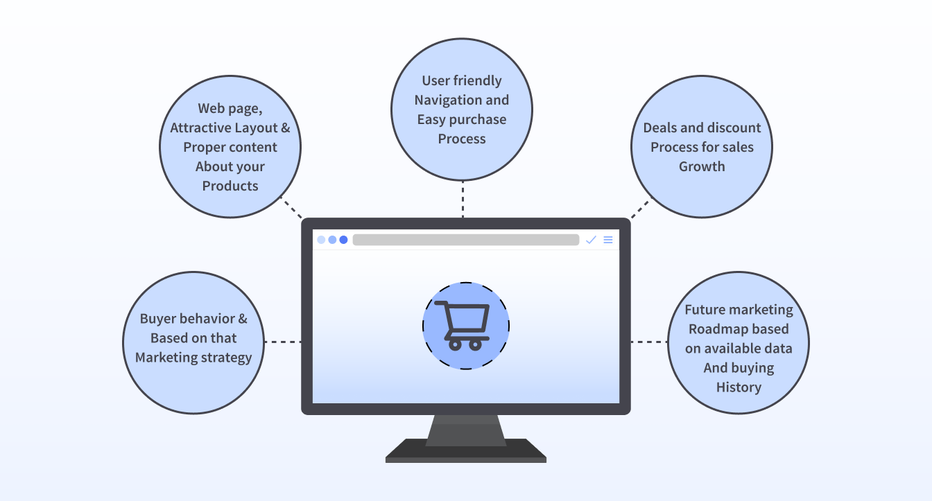
Benefits of Custom Website Development
Using a template-based website is easy and affordable. However, it could end up costing you more in the long run. You gain a lot when you opt for custom e-commerce website development. Benefits include:
- More conversions and lower bounce rate. When your website is customized, you’ll be better able to meet the needs of your customers. This can result in increased conversions and more loyal customers.
- Improved search engine optimization. The typical e-commerce solution has generic SEO functions since it’s designed for businesses of all types. By hiring a developer, you can have your site optimized for your industry and your company’s specific needs.
- Better integration with your business model. The most successful e-commerce platforms are those which are seamlessly integrated into a company’s business model and marketing plan. You need a custom-developed platform to do this properly.
Other Considerations During E-Commerce Website Development
Before you can begin to sell anything, you need to have a payment gateway in place and you need to make sure your site is compliant with data privacy laws. Stripe and Paypal are popular payment options but if you want to set up recurring billing or mobile payments, you’ll need a different payment processor. Getting approved for these gateways can be complex and you may be denied if your site doesn’t meet the requirements.
You also need to adhere to the privacy laws that govern the jurisdiction in which your business operates. For example, the European Union General Data Protection Regulation and the California Consumer Privacy Act set out how you can collect, use, and store data from people who use your site. You’ll need to ensure you publish the necessary disclaimers, privacy policy, and terms and conditions.
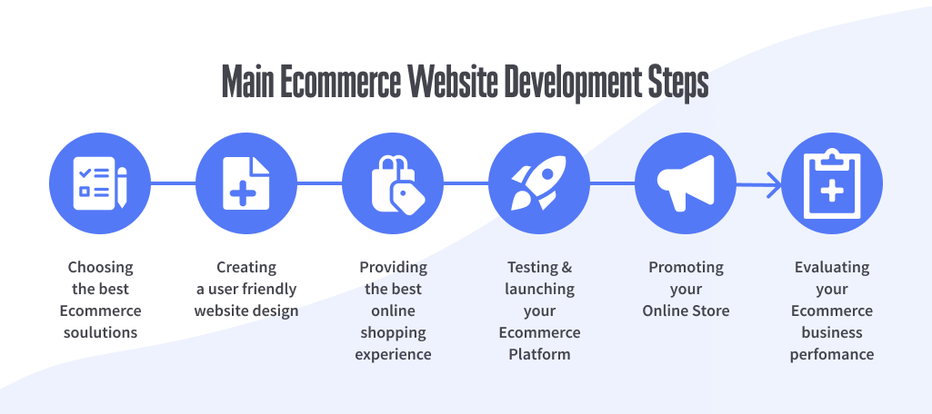
Prepare Your Business for the Future with An E-Commerce Site
E-commerce isn’t a trend and it’s not going anywhere. It’s simply the way people expect to do business in 2022 and beyond. If you want your business to be successful, you need to invest in custom e-commerce website development. You may be asking “how much does an e-commerce website cost? In addition to the setup costs, you can expect to spend anywhere between $50 and $3,000 per month depending on the sophistication of your site.
Reach out to an experienced e-commerce website developer to discuss your needs so you can get a clearer picture. Custom sites are more costly but the return on investment will be worth it.


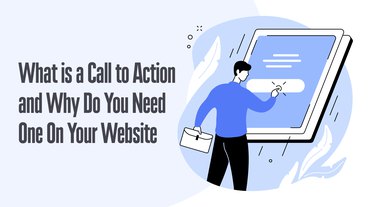
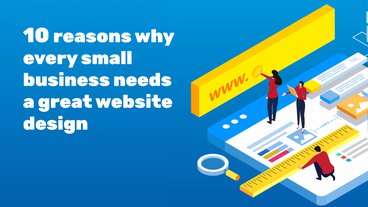
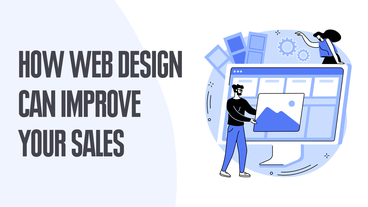
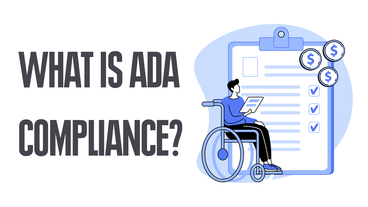

Comments